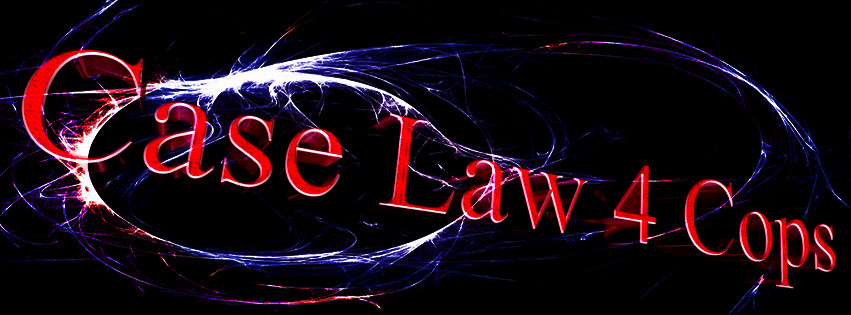It is no secret that police and defense attorneys bare a lot of animosity toward each other. The only time they deal with each other is during the adversarial court process. Often times, attorneys treat officers with distain. Lazy and disreputable attorneys will falsely paint officers as corrupt, racists, prevaricators, or any other thing to make the officer appear to be of far worse makeup than the defendant. This impugnment is all designed to assassinate the character of the officer to save the defendant. It is easier for the attorney to do this than to exercise the necessary due diligence to put on a proper and professional defense. These types of attorneys justly deserve the loathing of police officers. The vast majority of officers take pride in their work. They are honorable and honest. It is one thing to attack their procedures and methods; it is another to attack their person. No one deserves an officer’s respect that does this.
There are, however, very good defense attorneys that work hard to properly and professionally defend their clients. Many officers have contempt for these attorneys as well because they often bring light to embarrassing mistakes and omissions of the officers. I feel the contempt the officers feel should be directed at themselves and not the attorneys. The attorneys are properly doing their jobs. If an officer makes a mistake, he deserves to get scorched. A good officer will wear his scars in remembrance, learn his mistakes, and be better prepared the next time he goes to court. He will work harder at building his cases.
Defense attorneys may be the bane of our existence, but in a strange way we owe them a tremendous amount of gratitude. The high level of professionalism and technology of our work today is a direct reaction to the vigilance of defense attorneys in striving to exonerate their clients. From the earliest days of our history, attorneys have pushed us forward in a type of prosecution/defense arms race. In our early days, we were limited to eye witnesses, confessions, and obvious and simple physical evidence. We gradually developed new police techniques. Autopsies and microscopes were used in the 1500’s. Unified paid police departments were created, line-ups and photographs began in 1800’s. Fingerprints and blood typing were commonly used in the early 1900’s. Crime laboratories became common in the 1950’s. From the 1970’s to today, there has been an exponential advancement in computer and laboratory equipment and techniques to assist in criminal investigations.1 It can easily be argued that all these advancements would not have occurred if there was not a need to counter legal defenses presented by highly skilled attorneys.
Defensive tactics not only have affects on the prominent aspects of our work, but they greatly affect the minor points of our cases. A very unpleasant grilling in court during cross-examination over police report details (or lack thereof) are a very effective motivator to do a better job. I learned the phrase, “if it is not documented, it did not happen” during one such grilling early in my career. The more I testified the more detailed my reports became. I learned to anticipate not only what the prosecutor wanted, but the defense attorney, too. I then tried to document this information in my report. I also learned that the more detailed and accurate my report was, the less the defense had to attack and the better my testimony. This increased the conviction rate, and lessened the number of court challenges. This is just a small example of how this process works in improving our skills in preparation for court.
Remember that we are gathering evidence to take a person’s cherished freedom away. The defense attorney will do all he can to prevent it. As this adversarial process perpetuates through the ages, we can be sure our increasing ability in finding the truth will lessen the number of innocent people going to prison, and the number of crimes solved will increase. Therefore, the next time you enter the court with one of these attorneys, be appreciative for you may be getting the best lesson of your career.
1 HISTORICAL TIMELINE IN INVESTIGATION (11-23-10) http://www.criminology.fsu.edu/faculty/nute/history.html
